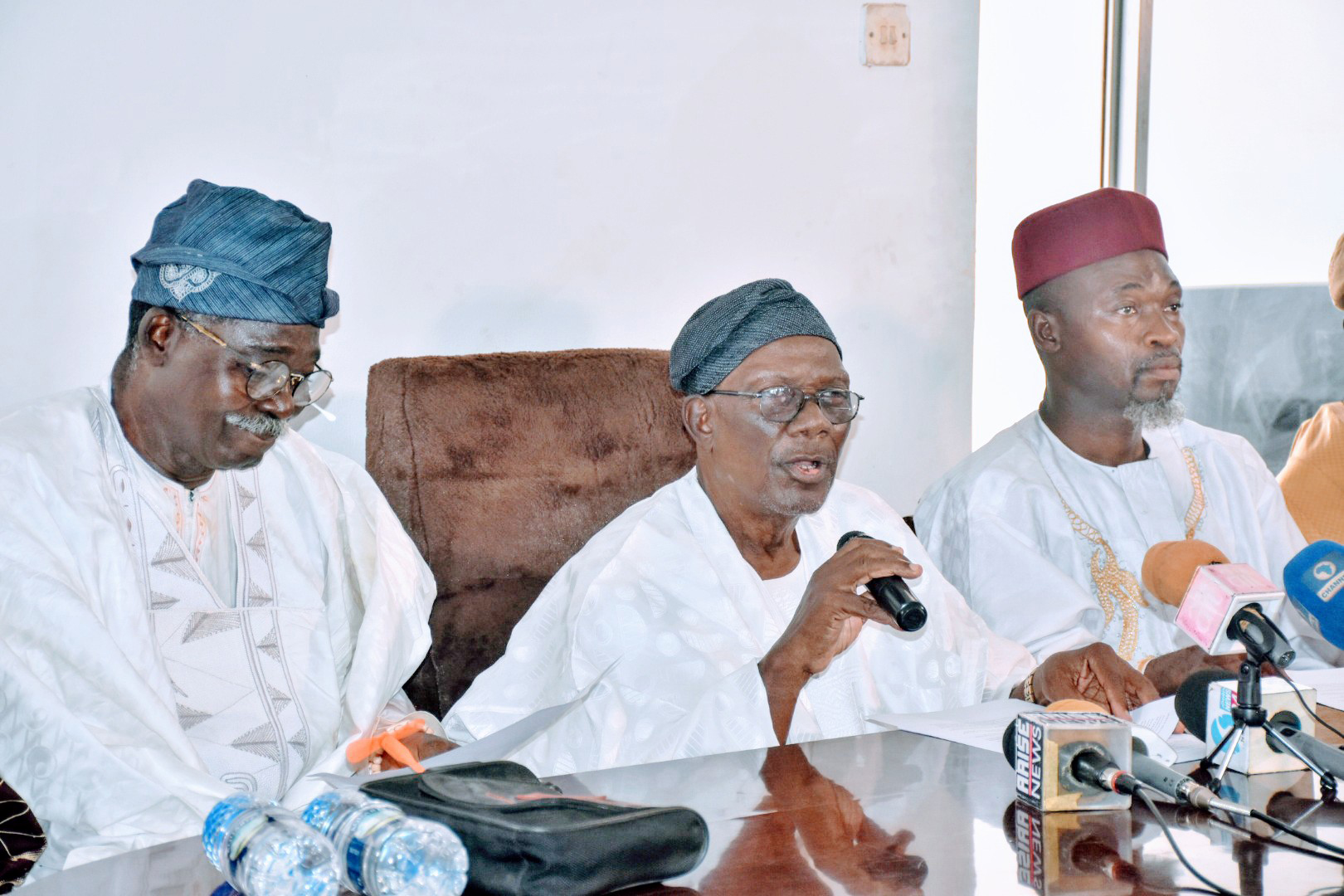Business
Farmer Cries Out Over Cattle Invasion

A farmer in Aluu Community in Ikwerre Local Government Area of Rivers State, Mr Nwo Nna, has cried out over cattle invasion of his farmland and crops.
Nna made this known in a chat with newsmen in Aluu recently.
He said that the most worrisome aspect of the development was the neglect by the herders of the Anti-Grazing Law passed by the Rivers State House of Assembly.
The farmer who discribed such as vexatious and provocative, appealed for intervention by relevant agencies in order to secure their future.
“I got to my farm on Saturday morning only to see my vegetables, cassava, yam and the entire farm devastated by cows”, he said.
He expressed regrets that his farm, which was not at the road had experienced such attack for the second time.
The farmer noted that it would have been a different ball game, if he had met the herders in his farm.
“The saving grace was that I did not meet them. They should be called to order to avoid problems”, he said.
He also sought for urgent intervention of the Rivers State Government, Myyetti Allah and other relevant authorities to warn the herders to keep off people’s farms in the interest of peace.
The farmer further explained that it was becoming a regular practice for herders to parade their cows along the roads, and such cows stray into farm lands and destroy people’s means of livelihood.
While declaring that Rivers people are hospitable, the farmer warned stranger elements, who do not have respect for the laws of the land as well as terrorise other people’s means of livelihood, to take their lawlessness elsewhere.
Other farmers who also responded called for the establishment of a system that monitors the activities of herders.
According to them, it will enable those who take their cows into farms to be identified and adequately sanctioned in the event of any invasion by the cows.
This, they said will bring a lasting peace and as well serve as a deterrent to others.
By: King Onunwor
Business
FIRS Clarifies New Tax Laws, Debunks Levy Misconceptions

Business
CBN Revises Cash Withdrawal Rules January 2026, Ends Special Authorisation

The Central Bank of Nigeria (CBN) has revised its cash withdrawal rules, discontinuing the special authorisation previously permitting individuals to withdraw N5 million and corporates N10 million once monthly, with effect from January 2026.
In a circular released Tuesday, December 2, 2025, and signed by the Director, Financial Policy & Regulation Department, FIRS, Dr. Rita I. Sike, the apex bank explained that previous cash policies had been introduced over the years in response to evolving circumstances.
However, with time, the need has arisen to streamline these provisions to reflect present-day realities.
“These policies, issued over the years in response to evolving circumstances in cash management, sought to reduce cash usage and encourage accelerated adoption of other payment options, particularly electronic payment channels.
“Effective January 1, 2026, individuals will be allowed to withdraw up to N500,000 weekly across all channels, while corporate entities will be limited to N5 million”, it said.
According to the statement, withdrawals above these thresholds would attract excess withdrawal fees of three percent for individuals and five percent for corporates, with the charges shared between the CBN and the financial institutions.
Deposit Money Banks are required to submit monthly reports on cash withdrawals above the specified limits, as well as on cash deposits, to the relevant supervisory departments.
They must also create separate accounts to warehouse processing charges collected on excess withdrawals.
Exemptions and superseding provisions
Revenue-generating accounts of federal, state, and local governments, along with accounts of microfinance banks and primary mortgage banks with commercial and non-interest banks, are exempted from the new withdrawal limits and excess withdrawal fees.
However, exemptions previously granted to embassies, diplomatic missions, and aid-donor agencies have been withdrawn.
The CBN clarified that the circular is without prejudice to the provisions of certain earlier directives but supersedes others, as detailed in its appendices.
Business
Shippers Council Vows Commitment To Security At Nigerian Ports
-

 Featured4 days ago
Featured4 days agoOil & Gas: Rivers Remains The Best Investment Destination – Fubara
-
Nation5 days ago
MOSIEND Calls For RSG, NDDC, Stakeholders’ Intervention In Obolo Nation
-
Nation5 days ago
Hausa Community Lauds Council Boss Over Free Medical Outreach
-

 Nation5 days ago
Nation5 days agoOgoni Power Project: HYPREP Moves To Boost Capacity Of Personnel
-
Nation5 days ago
Association Hails Rivers LG Chairmen, Urges Expansion Of Dev Projects
-
Nation5 days ago
Film Festival: Don, Others Urge Govt To Partner RIFF
-

 News5 days ago
News5 days agoNDLEA Arrests Two, Intercepts Illicit Drugs Packaged As Christmas Cookies
-

 News5 days ago
News5 days agoTroops Rescue 12 Abducted Teenage Girls In Borno

